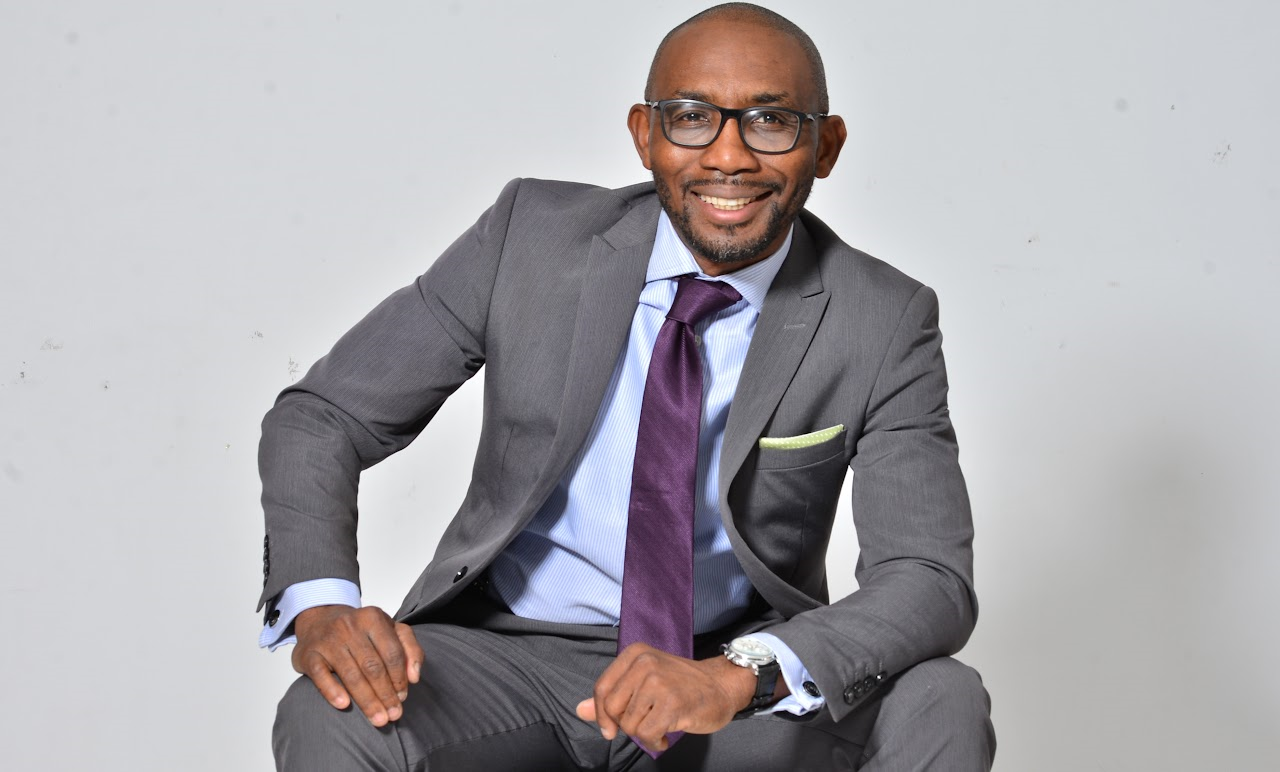Building High-Impact Business Cultures
Published: Tuesday, March 25, 2025
According to international business speaker Femi Adebanji, building and nurturing such a culture in today`s disruptive business landscape is no longer optional. The ability of organizations to survive and thrive now depends on the quality and the caliber of their internal cultures.

In today’s dynamic and competitive world, organizations are constantly striving to create the type of culture that drives innovation, productivity, and business success.
A high-performance culture fosters an environment where employees are motivated, engaged, and aligned with the organization's goals. Ultimately, it is people that create the culture, and it is culture that in turn drives performance.
According to international business speaker Femi Adebanji, building and nurturing such a culture in today's disruptive business landscape is no longer optional. The ability of organizations to survive and thrive now depends on the quality and the caliber of their internal cultures.
Femi outlines factors that are key to building and sustaining a high-performance culture:
Clarity of Vision and Purpose
"A high-performance culture begins with a clear and compelling vision. When staff understand the organization's purpose and see how their work contributes to broader goals, they are more likely to be motivated and engaged," says Femi. He further adds that, "this is because a clear vision creates a sense of direction and ensures that everyone is working toward the same objectives. Alignment is key."
To successfully implement a high-impact culture, organizations need to ensure that their mission and vision are communicated regularly and consistently.
Leaders at all levels within the organization need to be encouraged to share how their team's efforts align with the bigger picture, and it is important to frequently reinforce these goals during team meetings and performance reviews.
Strong Leadership
Leadership drives culture, and leadership is the cornerstone of any high-performance culture. Femi asserts that what sets effective leaders aside is their ability to inspire, guide, and empower their teams to reach new heights of performance and delivery. High-impact leaders set clear expectations, provide feedback, and offer support to their people when needed.
Cultures only truly begin to shift in organizations when leaders embody the values of the organization and lead by example, creating trust and accountability within the team.
Consequently, it is absolutely critical that organizations continually invest in leadership development programs. Such programs, Femi believes, will equip managers to improve their communication skills, decision-making ability, and people-management skills.
"Building and nurturing a high-impact culture means that leaders should be encouraged to build strong relationships with their teams. They also need to model the behaviors they want to see in others. Leaders must walk the talk, so to speak," he believes.
Continuous Learning and Development
No organization can maintain high performance without a culture of continuous improvement and learning. According to Femi, "Yesterday's knowledge cannot solve tomorrow's problems, and what worked yesterday might become obsolete tomorrow. Organizations and individuals can only stay ahead of the change curve through continuous learning and self-improvement."
Employees, therefore, he believes, should be encouraged to develop their skills, take on new challenges, and strive for personal growth.
Femi holds the view that when organizations support continuous learning and encourage personal development, they create an environment where innovation flourishes and where employees feel valued and supported in their career advancement.
Some of the practical ways he suggests that organizations can encourage continuous learning and improvement include offering opportunities for training, workshops, and mentorship programs.
Other ways include encouraging employees to take ownership of their own professional development by setting personal learning goals and seeking feedback regularly. Ultimately, he believes that organizations must promote a growth mindset where failures are viewed as opportunities to learn.
Ultimately, building a high-performance culture is a dynamic process that requires clarity, leadership, and encouraging an environment of continuous improvement. Organizations that invest in these key areas—clear vision and purpose, strong leadership, and continuous learning—are better positioned to inspire their teams to reach their full potential.
Featured Speaker Profile
Femi Adebanji is a sought-after international business speaker and organizational excellence expert. He speaks on issues of leadership, change, high-impact cultures, and customer service. He has a passion for helping organizations transform their service excellence levels, build truly customer-centric cultures, create high-performance business cultures, and evolve into brands of distinction.
With almost 20 years of business leadership and customer strategy experience, he has consulted on numerous critical business performance improvement initiatives for companies in South Africa and internationally, and as a dynamic and insightful keynote speaker, he has had the privilege of working with clients such as Mercedes Benz, Shell, 3M, Hewlett Packard, International Centre for Parliamentary Studies, Vodacom, Office of the Presidency, Tiger Brands, Unilever, and many more.
